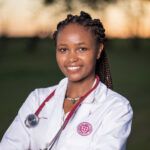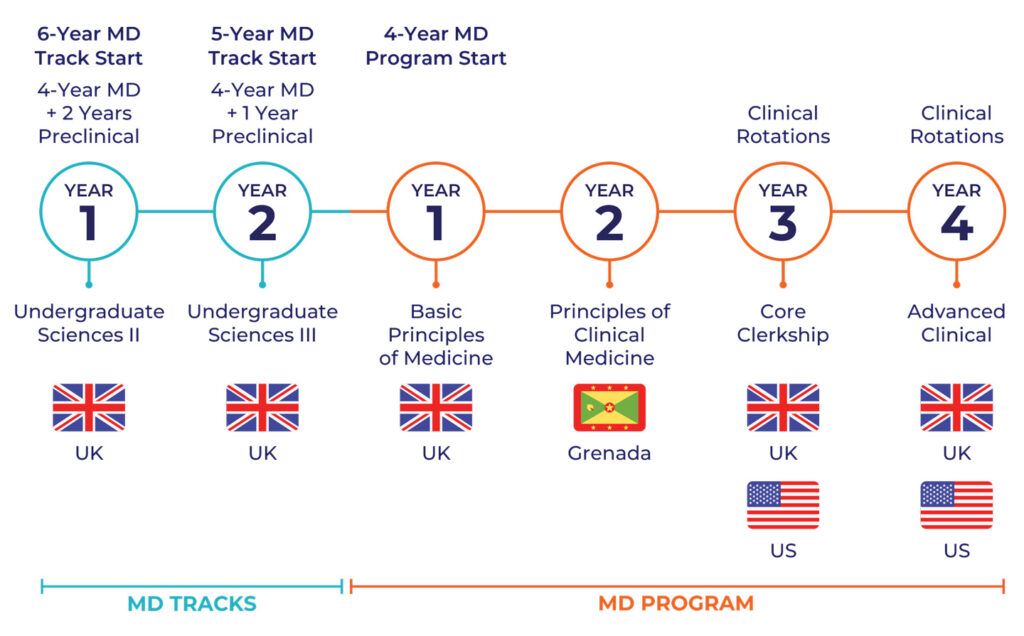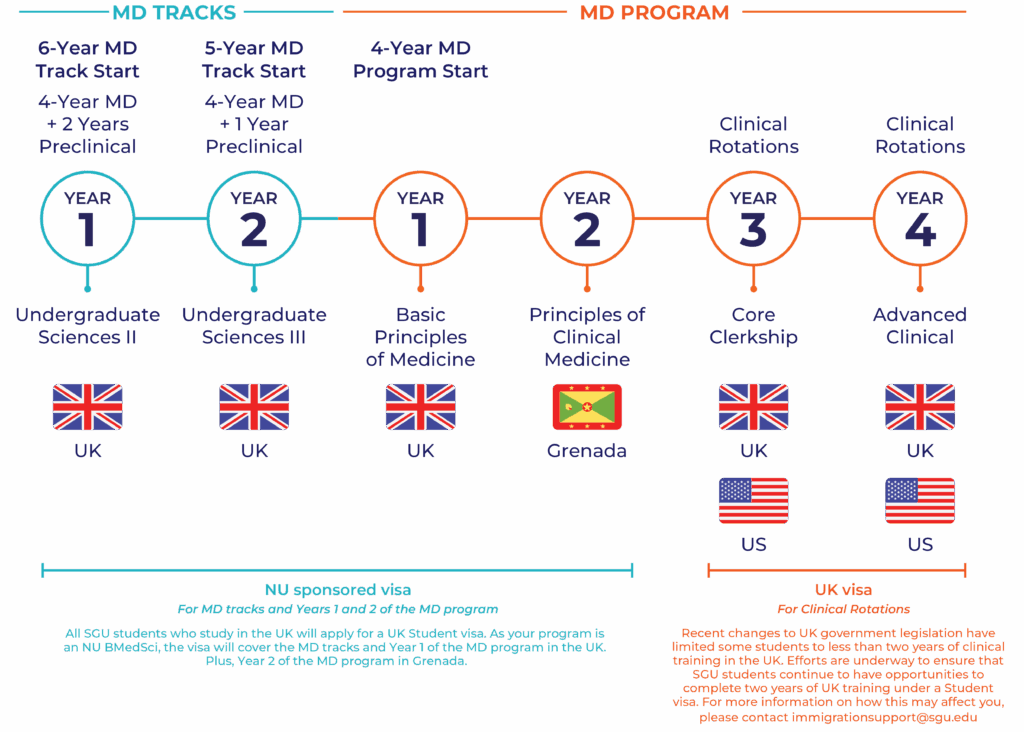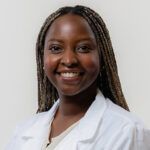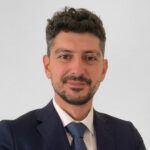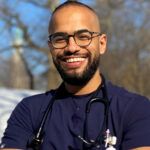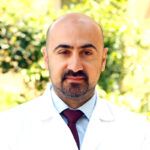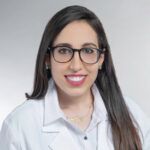“SGU played a pivotal role in shaping me into the doctor I am today. The support I received was incredible—from mentorship to hands-on opportunities. SGU also gave me the chance to work closely with the SGU faculty during my research fellowship, where I submitted three manuscripts to peer-reviewed journals. This experience not only advanced my research skills but also reinforced the importance of critical thinking and evidence-based practice.”
Elizabeth Wagura, MD ’24
Kenya
